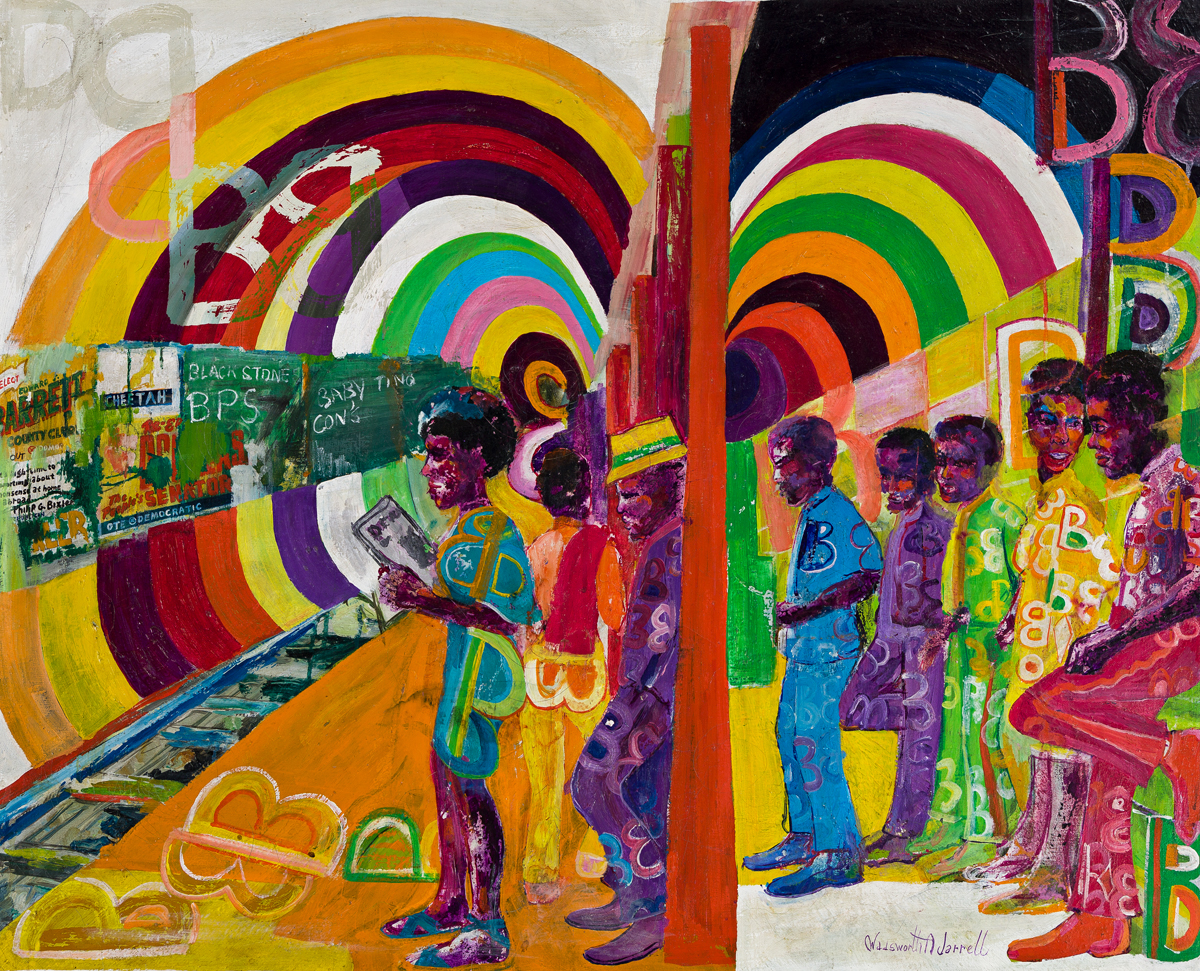Sale 2554 - Lot 73
Price Realized: $ 125,000
?Final Price Realized includes Buyer’s Premium added to Hammer Price
Estimate: $ 100,000 - $ 150,000


Aliquam vulputate ornare congue. Vestibulum maximus, libero in placerat faucibus, risus nisl molestie massa, ut maximus metus lectus vel lorem.